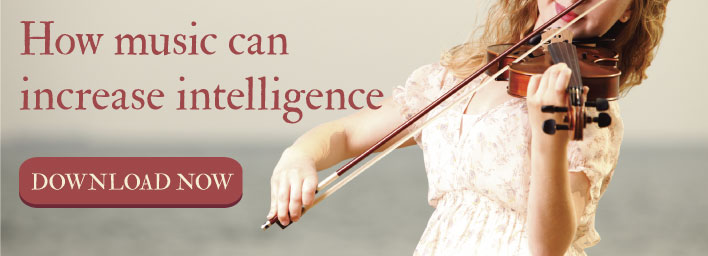How Different Genres of Music Affect Your Mood

For thousands of years, people have unconsciously understood the impact music has on a person’s emotional state of mind. Consider the Psalms, these ancient worship songs have the power to uplift the spirit and carry the mind toward great heights of joy, or communicate misery and a host of other human responses. Likewise, similar cultural rituals pepper our human existence, and given the amount of effort advertisers today place on developing effective ‘jingles,’ it’s an unspoken certainty that music has the power to stir certain desires, thoughts, and pleasing memories.
However, it’s only been recently (within the past few decades) that scientists have striven to provide factual evidence about this phenomena. Armed with technology that is able measure brain activity and track neurological responses, specialists are now exploring the specific psychology of music. By studying ways that music and the brain interact, researchers can begin to understand the way music influences our emotions, stimulates our moods, and effects brain synopses. They continue to gather information that can be used to enhance mental well-being, and possibly aid the healing process for patients.
Music Impacts Personal Perception
In a well-known study conducted at the University of Groningen, researcher Jacob Jolij (with Maaike Meurs) discovered that music genres effect visual perception in an extraordinary way. The study was designed to understand how music and the brain interact, and involved participants who were instructed to identify either “happy” or “sad” face images (like emoticons), while listening to specific music. The results found that even when presented with “neutral” faces, the participants chose “happy” or “sad” face reactions, based on the music that was playing.
These findings have helped define how humans process their environment, and therefore, how they perceive impressions. Seeing things that are not there, according to researchers, is a “top-down” process. Your brain makes instantaneous comparisons and builds expectations relative to your experience, mood, and surroundings.
Yet, Nina Kraus, neuroscientist and professor of neurobiology at Northwestern University studies the effects that music has on the brain from a “bottom up” processing standpoint. By researching the way musical sound enters the nervous system through the brainstem, and then translates into correlating brain waves, she believes that our bodies are naturally honed to synchronize with music, like our constant, rhythmic heartbeats. She has detailed “The Biological Benefits of Music Education” and is considered a leading expert on the psychology of music, and the influence it has on the brain and nervous system.
Specific Musical Genres Influence Mood
However, other factors also affect your perceptions and emotions. The psychology of music is a very deep study. Just because a piece of music or a specific genre is touted as uplifting or depressing, doesn’t necessarily mean that it will forcefully alter your mood. Another recent study conducted by scientists at the University of Missouri discovered clear connections regarding the way individuals approach music, and how it can be utilized to alleviate sadness or actually boost happiness.
The research found that participants who were instructed to try to improve their mood, actually did so when they listened to the upbeat, happy music of the American rock band Copeland. However, others who weren’t given instructions didn’t show the same improvements. So it seems logical to conclude that listening to happy music will improve happiness, if you have that intent. Moreover, the “sad” Stravinsky tunes didn’t have an effect on mood; personal determination was the key.
However, rather than sad music acting like a “downer,” many researchers conclude that sad music offers a catharsis to individuals who are already feeling sad. By tapping into the emotions that are causing the pain, people are able to process the feelings more productively.
Music Is Able to Enhance Physical Therapy
Interestingly enough, many physicians and researchers are exploring the way music and the brain interact to facilitate healing. The psychology of music was found in a recent medical study to actually reduce physical pain. Individuals with traumatic brain injuries were subjected to relaxing, controlled music or sounds for certain periods of time, and the conclusions found that music dramatically improved the mood of the patient, and reduced the pain.
Although there are a number of research projects exploring the psychology of music, it’s always been easy to recognize the impact that music can have on our moods. For example, it’s very hard to listen to “Walking on Sunshine” or “Celebrate, Good Times” without feeling more buoyant, upbeat and positive. Similarly, nostalgic tunes that bring to mind lost loved ones usually have a sobering influence.
There’s simply no doubt that music and the brain have a significant connection. But, just how far and deep that connection goes will require more detailed scientific examination.


